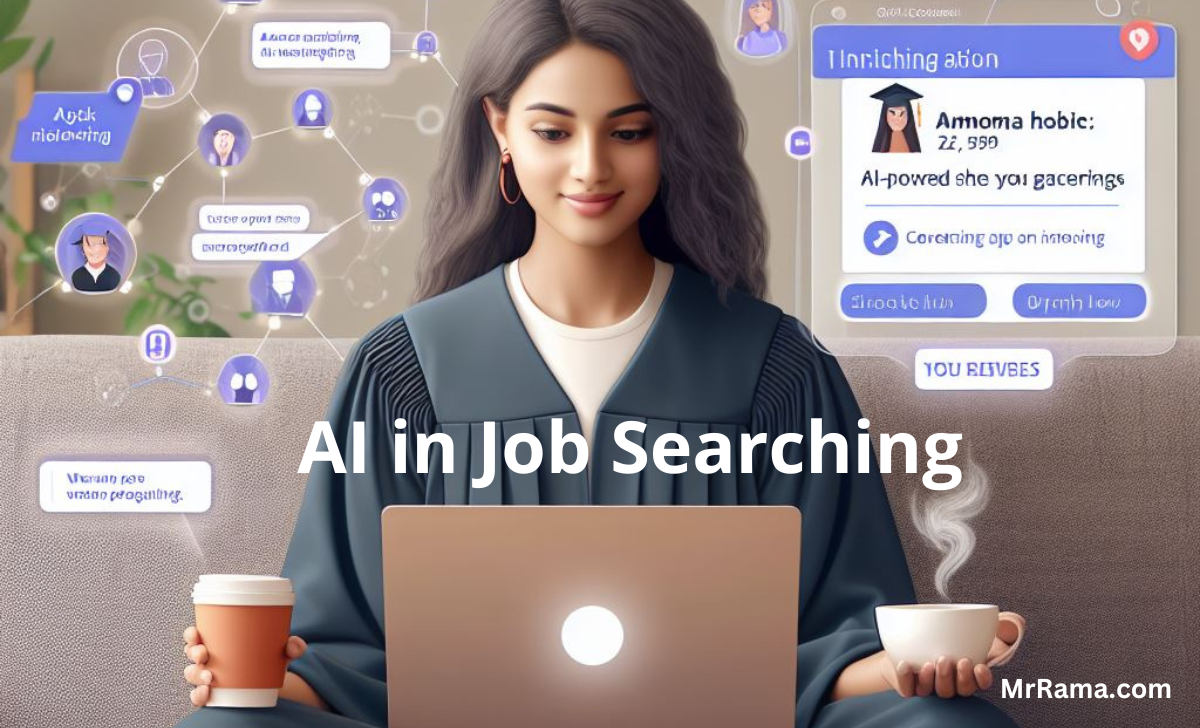|
Listen Now Our Blog Podcast
Getting your Trinity Audio player ready...
|
AI in Food Quality & Production
The journey of food, from farm to fork, is a complex one. Ensuring consistent quality and optimal production processes is crucial, not just for consumer satisfaction but also for safety and efficiency. Enter Artificial Intelligence (AI) – the game-changer transforming the food industry.
This blog delves into the fascinating interplay between AI and food, exploring its role in optimizing quality control and production processes across the entire food chain.
Precision Meets Palate: AI in Quality Control
Maintaining exceptional quality throughout the production line is paramount. AI shines in this arena with its remarkable capabilities:
1. Robo-Inspectors: The Eye in the Machine
Imagine a world where robots, equipped with AI-powered computer vision, meticulously inspect fruits for blemishes, scan meat for contaminants, and detect foreign objects in packaged products.
This is not a futuristic fantasy – it’s the reality AI brings. These “robo-inspectors” analyze images with incredible accuracy, surpassing human limitations, and ensuring only the highest-quality food reaches consumers.
2. Predictive Powerhouse: Forecasting Flavor and Freshness
AI isn’t just about detecting problems; it can predict them. By analyzing historical data on factors like temperature, humidity, and processing methods, AI algorithms can forecast potential quality issues before they occur.
This predictive power allows manufacturers to adjust processes, optimize storage conditions, and minimize food spoilage, resulting in fresher, tastier products.
3. Traceability Trailblazers: From Farm to Fork Transparency
Ever wondered where your food comes from? AI-powered blockchain technology can map the entire journey of your food item, from the farm to the grocery store shelf.
This level of transparency builds trust with consumers and helps identify contamination sources in case of recalls, ensuring food safety and responsible sourcing.
Production Prowess: AI at the Heart of Efficiency
Beyond quality control, AI optimizes production processes, driving efficiency and profitability:
1. Recipe Reimaginers: The AI Chef’s Secret Sauce
AI algorithms can analyze vast data sets of recipes, ingredients, and consumer preferences to generate innovative new food products.
They can optimize existing recipes, identify ingredient substitutions, and even create personalized meal plans based on individual dietary needs.
This paves the way for a future of customized food experiences, catering to diverse tastes and health goals.
2. Robot Revolutionaries: Automating the Assembly Line
AI-powered robots are transforming food production lines. From packing delicate pastries to assembling complex meals, these tireless machines handle repetitive tasks with unmatched speed and precision.
This frees human workers from more creative and supervisory roles, boosting overall efficiency and productivity.
3. Predictive Maintenance: Avoiding the Wrench in the Works
Imagine a world where machines predict their own breakdowns before they happen.
AI-powered maintenance systems analyze sensor data from production equipment to identify potential failures before they disrupt the flow.
This proactive approach minimizes downtime, reduces repair costs, and ensures smooth production operations.
The Future of Food: A Symbiotic Dish
The integration of AI in the food industry is still in its early stages, but the potential is immense. As AI technology evolves, we can expect even more advancements, such as:
- Hyper-personalized nutrition: AI-powered nutrition plans tailored to individual health profiles and dietary needs.
- Smart farming: AI-driven robots managing crops, optimizing irrigation, and minimizing pesticide use.
- Zero-waste kitchens: AI-powered systems analyzing food waste and suggesting creative ways to repurpose it, reducing environmental impact.
The future of food is a delicious blend of human ingenuity and AI prowess. By working in tandem, we can ensure a sustainable, efficient, and personalized food system that nourishes and delights, bite after bite.
Beyond the Buzzwords: A Call to Action
While AI offers incredible opportunities, its integration requires careful consideration. Ethical sourcing of data, transparent algorithms, and ensuring human oversight are crucial to building trust and addressing potential biases.
Furthermore, investing in training and upskilling the workforce is essential to navigate the changing landscape of food production.
The journey from farm to fork is no longer a linear one. It’s a dynamic ecosystem where AI acts as a catalyst, pushing the boundaries of quality, efficiency, and personalization.
As we embrace this transformative technology, we can look forward to a future where food is not just sustenance, but a source of innovation, delight, and well-being for all.




